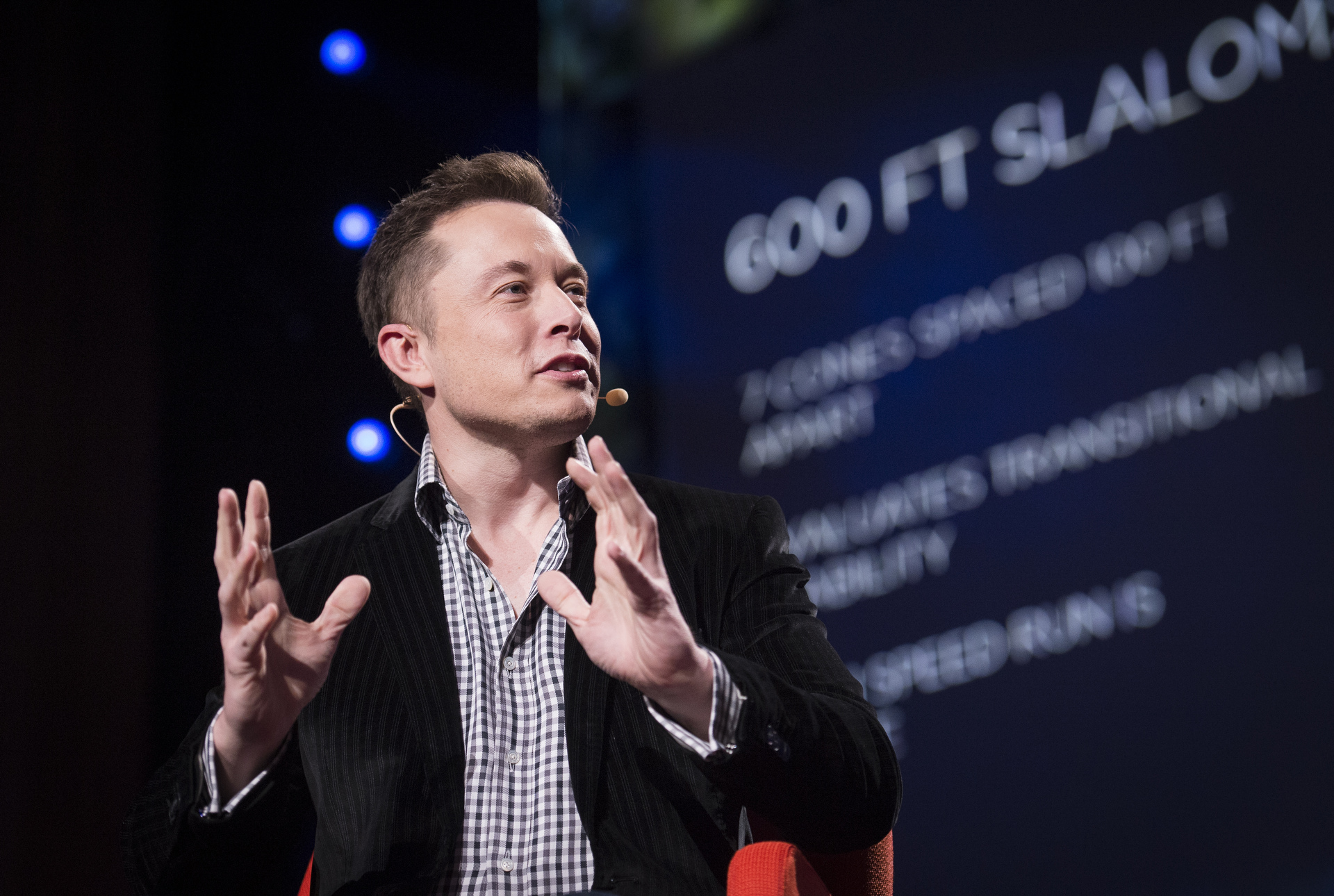With the recent re-election of Donald Trump as President of the United States, attention is turning to potential key appointees in his new administration. Among the names being discussed is Elon Musk, CEO of Tesla and SpaceX, known for his innovative vision and often-controversial positions. What role could Musk play in a Trump administration? We explore the potential impacts of his involvement in critical sectors such as technology, energy, space, and social media regulation.
1. Technological Innovation and Pro-Business Policies
Musk, as the head of companies like Tesla, SpaceX, and X (formerly Twitter), embodies a pro-business ideology that aligns with Trump’s policies. A potential advisory role or specific appointment could position Musk to promote technological innovation and create a regulatory environment more favorable to tech companies, reducing regulatory constraints and fostering the industry.
- Strengths: With Musk in a prominent position, we could see an increase in incentives for tech companies and a push toward automation and renewable energy—sectors Musk is highly familiar with.
- Challenges: Trump’s environmental policies may conflict with Musk’s green energy vision, potentially causing disagreements over resource management and the role of traditional energy sources.
2. Energy and Green Transition
While Trump is known for his support of the fossil fuel industry, Musk’s influence could lead to a new balance between sustainability and profits. Musk, through Tesla and SolarCity, has already transformed the renewable energy and electric vehicle markets—sectors that could see increased support and incentives from an administration open to innovation.
- Potential Impact: Musk could help shape a transition strategy that, while not excluding traditional energy, favors renewables and the development of more sustainable infrastructure.
- Limitations: Given Trump’s historical stance, Musk might have to negotiate compromises, supporting both pro-oil policies and the expansion of renewables.
3. Space: The New Race to Mars and Beyond
SpaceX and NASA have already reached remarkable milestones through public-private partnerships. Musk has a clear mission: colonizing Mars. With Trump’s interest in space, including the creation of the Space Force, a partnership with Musk could solidify ambitious plans for space exploration, engaging the public sector in long-term projects.
- Prospects: With Musk in an influential position, the United States could intensify efforts toward bold space missions and the development of advanced aerospace technology.
- Risks: Musk’s space agenda is highly private and independent. There may be tension if the government attempts to limit his autonomy or require stricter regulation.
4. Freedom of Expression and Social Media Regulation
After acquiring Twitter (now X), Musk has positioned himself as a champion of free speech, a principle that aligns with Trump’s philosophy, particularly when it comes to a less restrictive regulation of social media platforms. Musk, already at odds with some moderation policies, could influence reform in social media laws to ensure greater freedom.
- Potential Changes: Musk could support Trump in promoting more flexible legislation for social media, reducing platform liabilities for published content.
- Concerns: However, with less stringent regulation comes a heightened risk of misinformation and harmful content—an issue both sides would need to address carefully.
Conclusion: Musk’s Role in the Future of the United States
A potential Trump return to the White House, coupled with the influence of a visionary like Elon Musk, could usher in a new era for America: one of unfettered innovation supported by less rigid regulatory policies. Musk could serve as a bridge between the administration and the business world, with impacts on technology, energy, space, and digital freedom.

